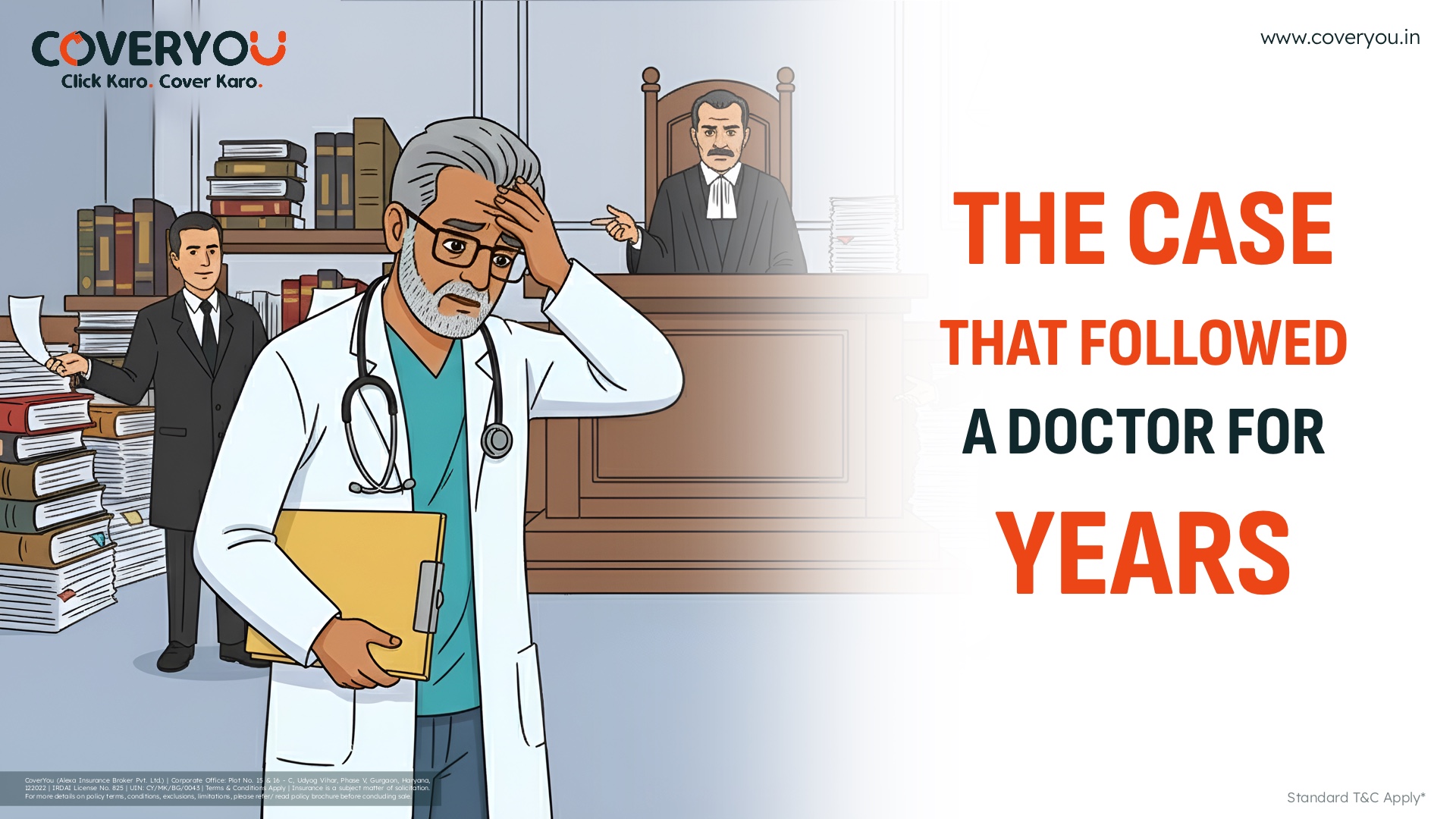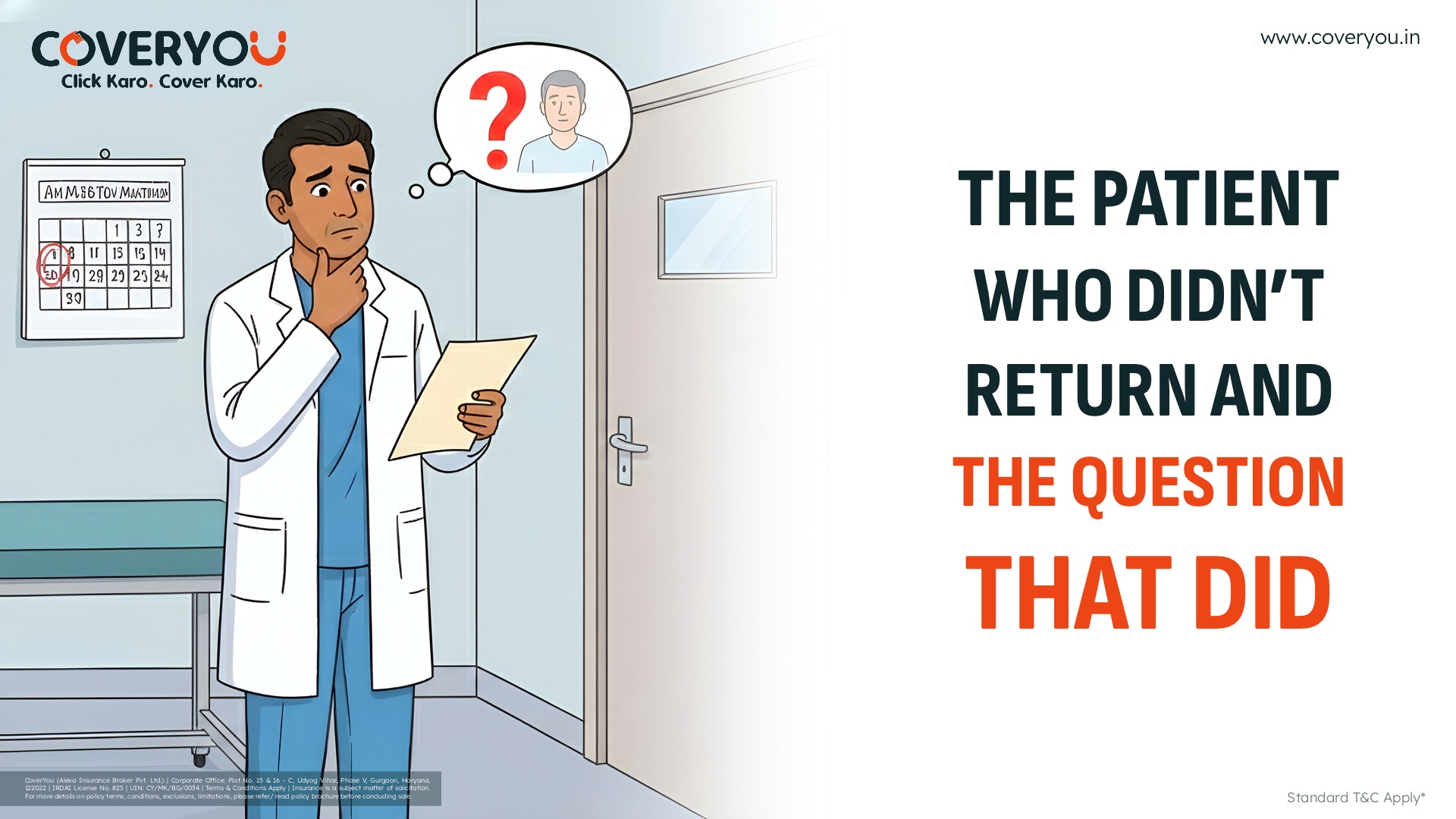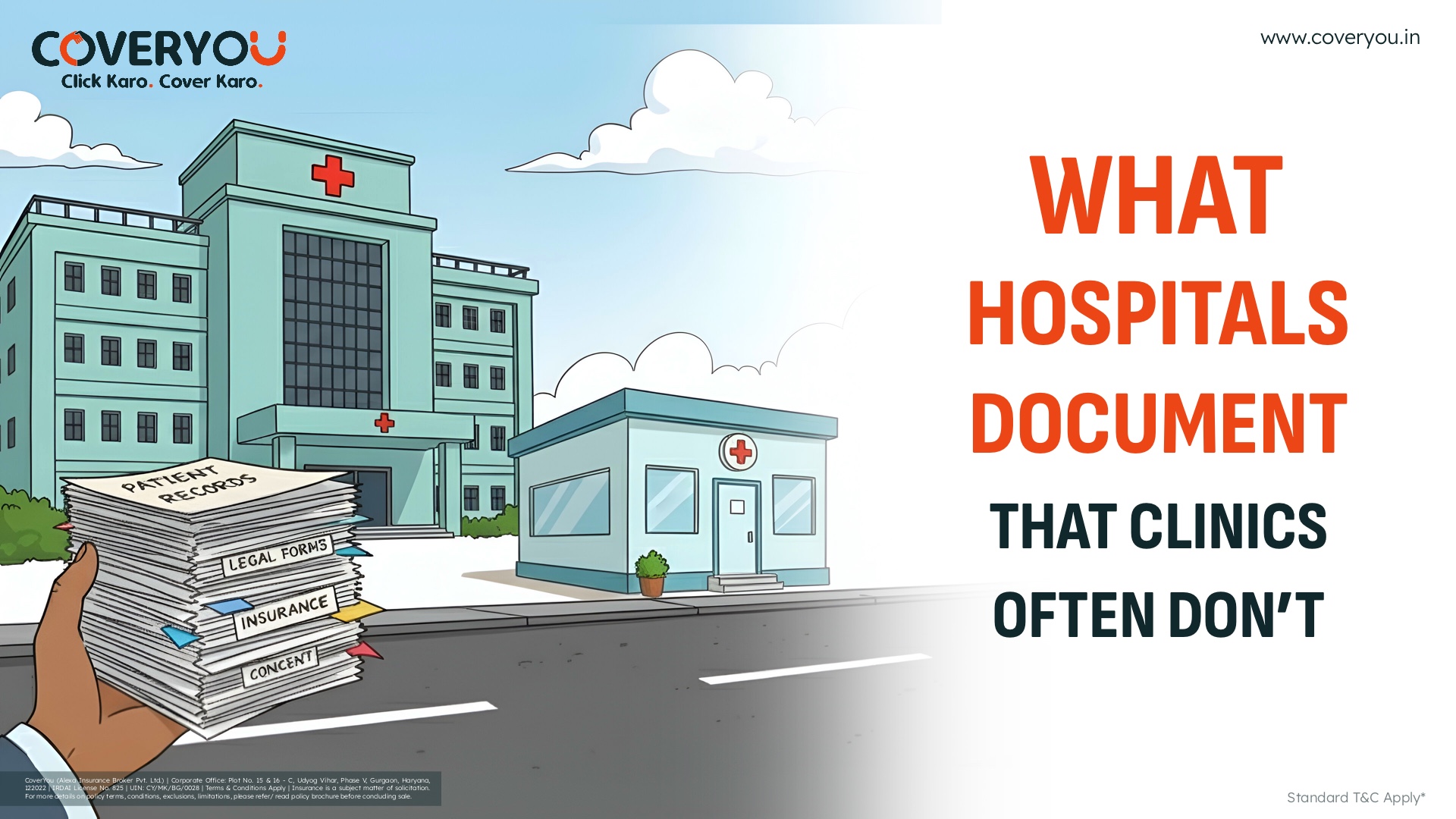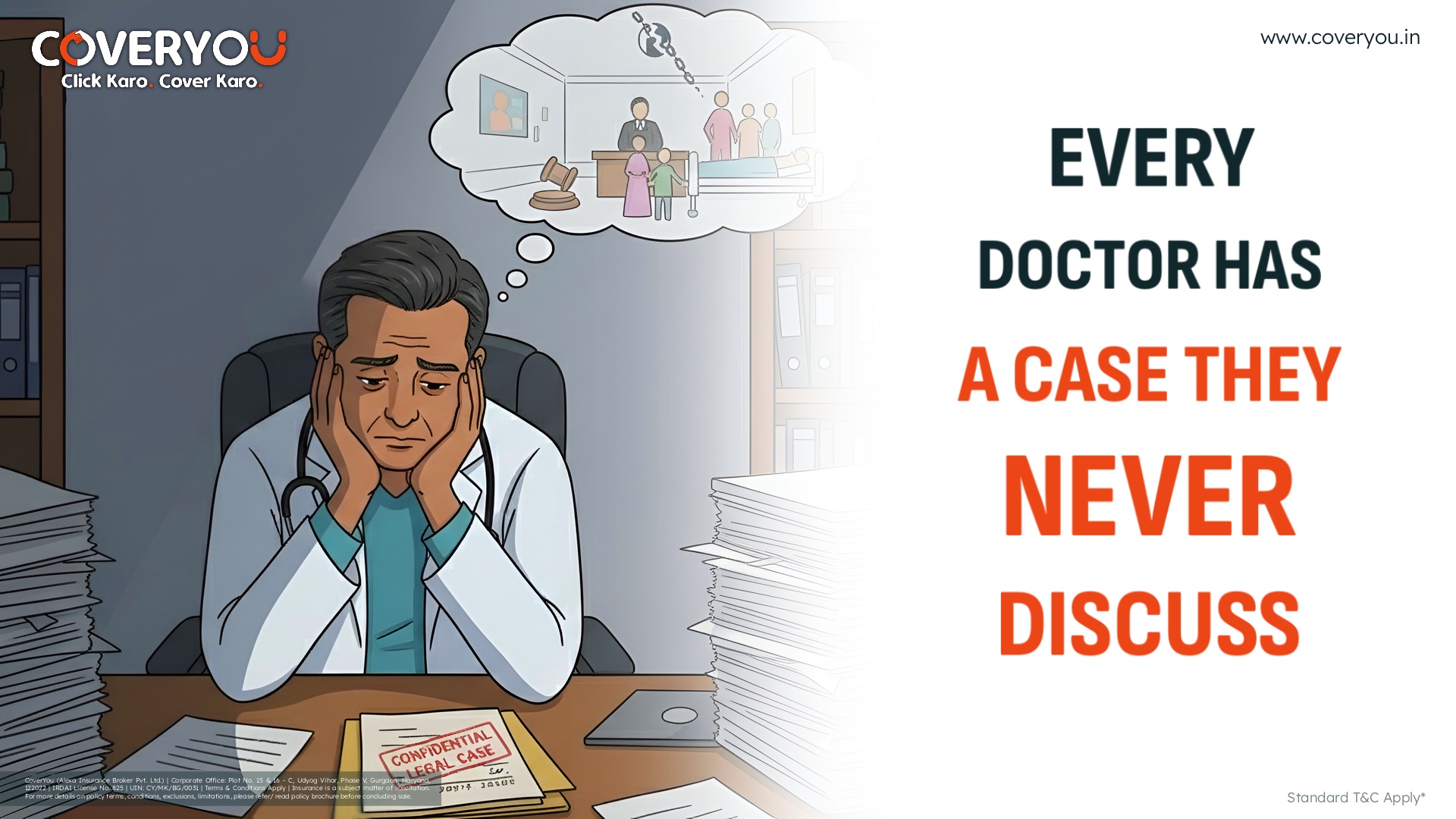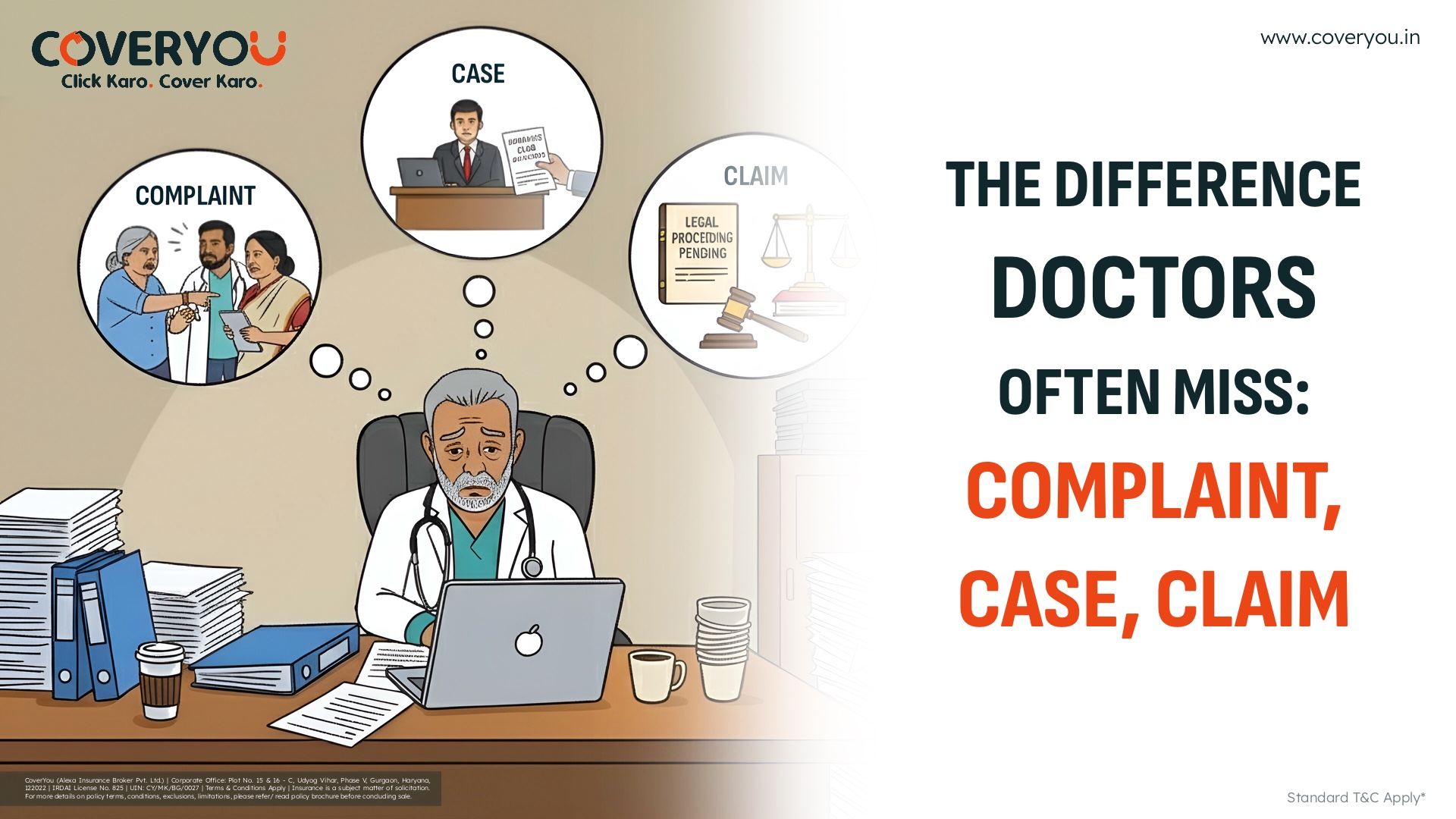Being a doctor is an extremely demanding profession where challenges are everywhere. From keeping up to date with each viable piece of medical knowledge to tackling risk management. Including financial risk and, of course, ethical dilemmas. Over time there have been many reforms in the field of medicine, to benefit the doctor & patients in a broader aspect.
Changes in the Medical Landscape With the Advancement & Integration of Technology :
Medical knowledge and technology are fast changing, and doctors must keep up with its pace. They need to stay updated with the latest research, treatment protocols, and medical technologies to give the best patient care possible.
Health Information Technology (HIT) significantly enhances patient safety by reducing medication errors and improving clinical outcomes.
Integration of Bar Code Medication Administration (BCMA) with electronic records can lower medication errors by 50% to 80%.
Electronic Health Records (EHRs) facilitate real-time communication among healthcare providers, enhancing patient care.
Despite these benefits, further research is needed to optimise HIT’s efficacy across diverse healthcare settings.
The Extensive use of telemedicine after COVID-19 has helped improve communication between doctors and patients. which ensures better patient management and adherence to treatment plans.
With the use of telemedicine, healthcare Practitioners can monitor patients’ medication intake and overall health remotely, enhancing care for those in remote or underserved areas.
Telemedicine saves time and resources for both patients and healthcare providers, reducing the need for in-person visits
In emergencies, telemedicine facilitates quick access to specialist consultations, potentially saving lives.
However, Telemedicine cannot effectively replace the physical examination essential in many healthcare encounters. It relies on robust internet connectivity and devices, which still need to be improved in rural areas.
How Doctors Can Keep up With the Advancement of Technology:
Doctors need to engage in lifelong learning and continuous professional development. More frequent training programs, attendance in medical conferences, and subscriptions to leading medical journals shall help doctors stay informed. Online platforms that may allow more flexible learning schedules shall be useful.
Evidence-based medicine has had some very rapid growth over the last decade. With growing pressure to make evidence available to clinicians expeditiously. The traditional method of referring to MEDLINE remains a sought-after option, but this is of limited use since primary care physicians seldom go into research-based work in practice. Critical appraisal allows clinicians to access the most up-to-date relevant information. At the same time, there is also an increasing use of pre-appraised sources of evidence. That will give the clinician the most current and relevant information without necessarily having to search for and appraise full-text articles. This makes the clinical reference producers more responsible so that research evidence is accessible and viable to clinicians in the course of practice.
The transition towards relying on pre-appraised sources of evidence is aimed at streamlining the process of accessing high-quality information for clinicians. Enabling them to make informed decisions efficiently. By shifting the burden of tracking down the best evidence to clinical reference producers. Clinicians can focus on patient care while still having access to up-to-date and relevant research findings. However, the effectiveness and feasibility of this approach in primary care settings warrant further investigation to ensure that clinicians have access to the necessary evidence to deliver optimal care.
Reforms in Legal Landscape:
The profession of healthcare providers is heavily regulated, with numerous legal demands imposed on them. The threat of being taken to court for malpractice is always looming, and therefore, they have to have maximal insurance coverage. However, some changes have been made regarding this in the new pass bill of BNS in 2023.
Doctors exempt from criminal prosecution for medical negligence:
The Bharatiya Nyaya Sanhita Bill includes a landmark provision that exempts doctors from criminal prosecution in cases of medical negligence but not entirely. However, the jail term has been reduced to 2 years in the case of death caused by negligence. But the punishment is still prevalent. This amendment was introduced to address concerns raised by the Indian Medical Association (IMA). With the aims to alleviate the fear of criminal charges among medical professionals.
Legal Context:
Previously, under Section 304A of the Indian Penal Code, medical negligence resulting in death could lead to criminal prosecution with penalties including imprisonment for up to two years, a fine, or both. The new bill removes this criminal liability, meaning that doctors will no longer face criminal charges for medical negligence but can still be held accountable through civil or professional channels.
Broader Legal Reforms:
This exemption is part of a broader initiative to overhaul India’s criminal justice system, reflected in the introduction of three new bills: the Bharatiya Nyaya Sanhita Bill, the Bharatiya Nagarik Suraksha Sanhita Bill, and the Bharatiya Sakshya Sanhita Bill. These bills collectively aim to replace outdated colonial-era laws with a justice system rooted in Indian ethos and principles.
Implications for Healthcare:
By providing immunity from criminal prosecution, the bill is expected to foster a more supportive environment for healthcare professionals. Encouraging them to perform their duties without the constant threat of criminal charges. This change is intended to balance the need for accountability in medical practice with the necessity of protecting healthcare providers from undue legal pressures. Ultimately aiming to improve the overall healthcare system in India
Change of Perspective Towards Work-Life Balance:
The highly demanding nature of medical work causes burnout that has far-reaching impacts on both personal well-being and ultimately medical performance. Thus, the balance between work and life is hard to strike but remains very essential for ultimate success and accomplishment.
Recent health reforms have become a critical focus globally. A study by Researchgate investigates burnout syndrome in chest physicians and its connection to these reform processes.
Materials and Methods: The study utilized the “Socio-demographic Data Form” and the “Maslach Burnout Inventory.” Between September and November 2016, 2,349 chest physicians in Turkey were contacted via email through expertise associations, with 352 physicians participating in the study.
Results: Out of the 352 participants, 238 (67.6%) were women, with an average age of 38.93 years (±9.97). Higher burnout scores were observed in younger physicians (aged ≤35), residents, those with low income, and those working ≥55 hours per week. The performance-based salary system was seen as problematic by 84.7% of the physicians, and 83.5% reported insufficient leisure time. Additionally, 55.7% stated they would not choose the same speciality if given the chance to choose again.
The majority of chest physicians experience burnout syndrome, likely influenced by healthcare reforms. There is an urgent need for health authorities to address and reform the health system and working conditions to uphold human dignity and the right to life.
Doctors also need to take -care of themselves and set boundaries. Physicians need to take regular breaks, share the administrative work, and reach out to colleagues and psychiatric help. The institutions also have a part to play in creating such a supportive workstation and enabling wellness initiatives.
The Role of CoverYou in Securing Doctors’ Future
CoverYou serves as a crucial ally for doctors, offering vital insurance solutions tailored to their unique needs. Through their professional indemnity (PI) insurance, doctors can shield themselves from the financial and legal fallout of malpractice claims. Indemnity insurance exempt the extra burden of stress to concentrate on delivering excellent patient care. CoverYou’s customizable policies are designed to accommodate various scenarios. Whether doctors are conducting traditional face-to-face consultations or engaging patients through telemedicine platforms. By mitigating risks and providing a safety net, CoverYou empowers doctors to pursue their careers with confidence, ensuring a pathway to stability and success in the medical field.
Navigating the complexities of the medical profession requires strategic planning, continuous learning, and robust support systems. By addressing these challenges proactively and leveraging resources like CoverYou, doctors can secure the future of their profession and continue to provide exemplary care to their patients.
In conclusion, the healthcare landscape is evolving rapidly with technological advancements like HIT and telemedicine improving patient care. Legal reforms such as the Bharatiya Nyaya Sanhita Bill aim to protect doctors while addressing burnout remains a critical issue. Solutions like CoverYou’s insurance offer vital support, ensuring doctors can focus on patient care without undue financial or legal concerns. Securing the future of healthcare providers demands a balanced approach—embracing innovation, legal protection, and wellness initiatives to sustain a resilient and effective medical profession.
Source:
https://www.ncbi.nlm.nih.gov/pmc/articles/PMC5787626/

